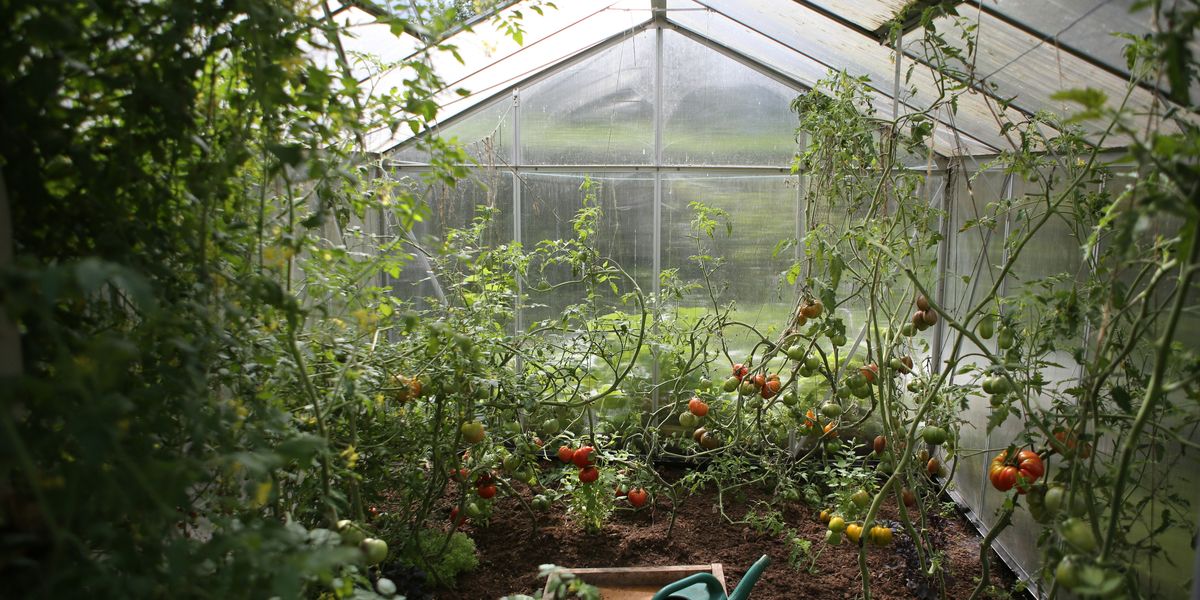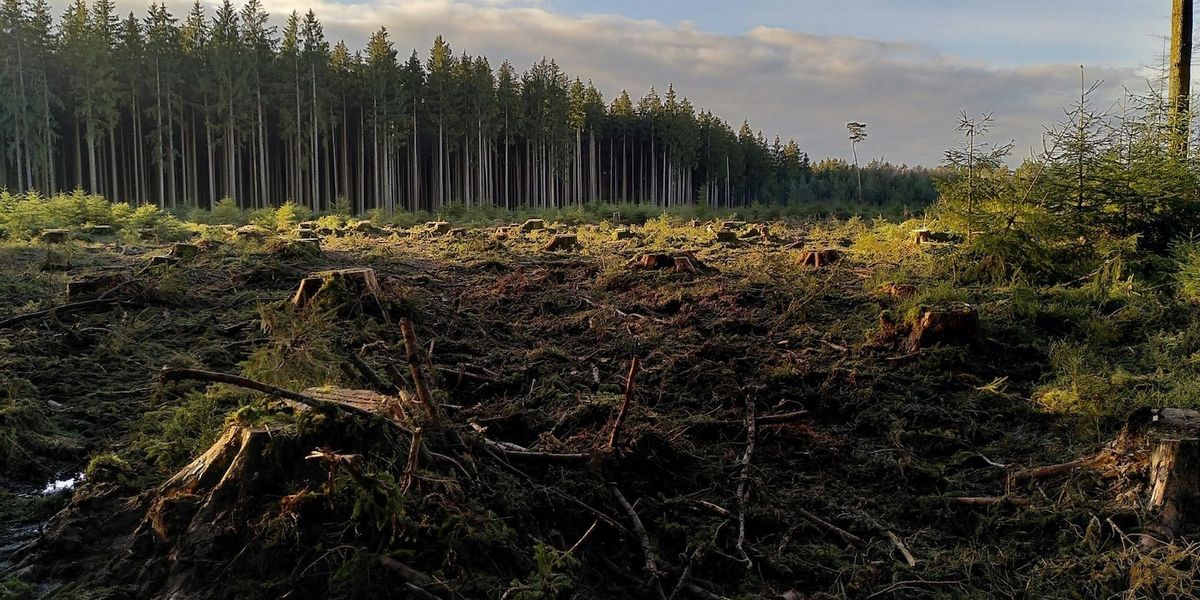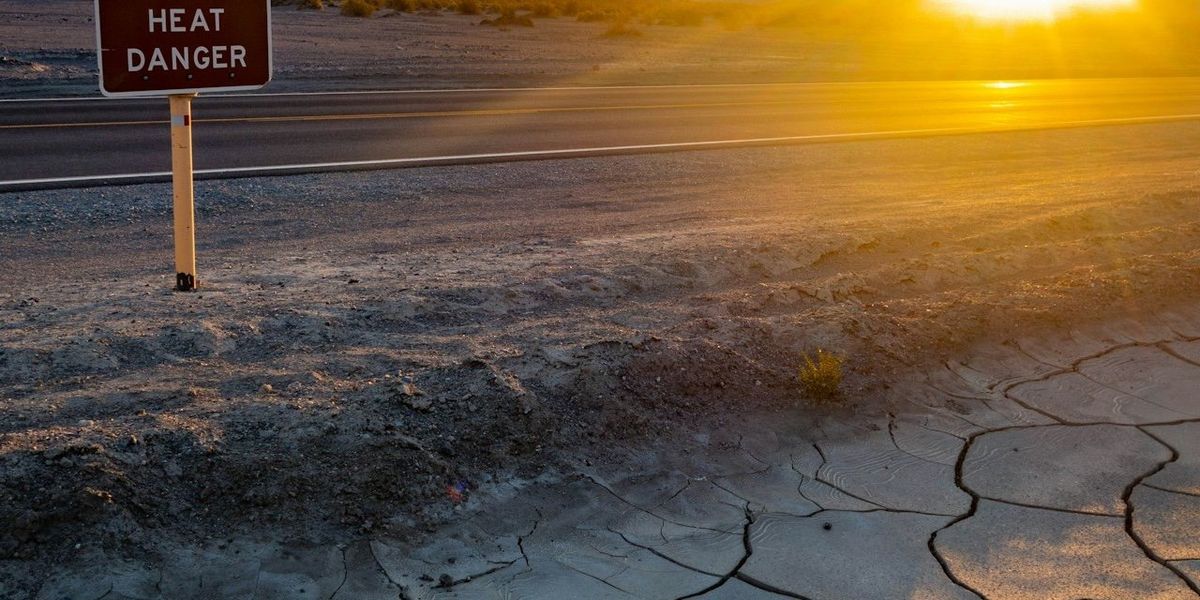
Credit: u_cq5nour74s/Pixabay
18 October 2024
Water scarcity threatens global food supply as temperatures rise
A new report from the World Resources Institute warns that one-quarter of the world’s crops are grown in regions facing high water stress, which could worsen global food insecurity as climate change intensifies.
Frida Garza reports for Grist.
In short:
- Water stress affects 60% of irrigated crops, especially in key agricultural regions like India and the U.S.
- Rainfed crops, which make up two-thirds of global food production, face increasing unreliability due to drought and extreme weather.
- Experts suggest better soil management and diet shifts as ways to reduce agriculture’s water demands.
Key quote:
“We have to be smarter about what we grow, and we can be smarter about how we grow what we’re growing.”
— Nicole Silk, global director of freshwater outcomes at The Nature Conservancy.
Why this matters:
As climate change exacerbates water scarcity, food production will become more difficult, threatening global food security. Sustainable agricultural practices and policies are urgently needed to preserve water resources.













